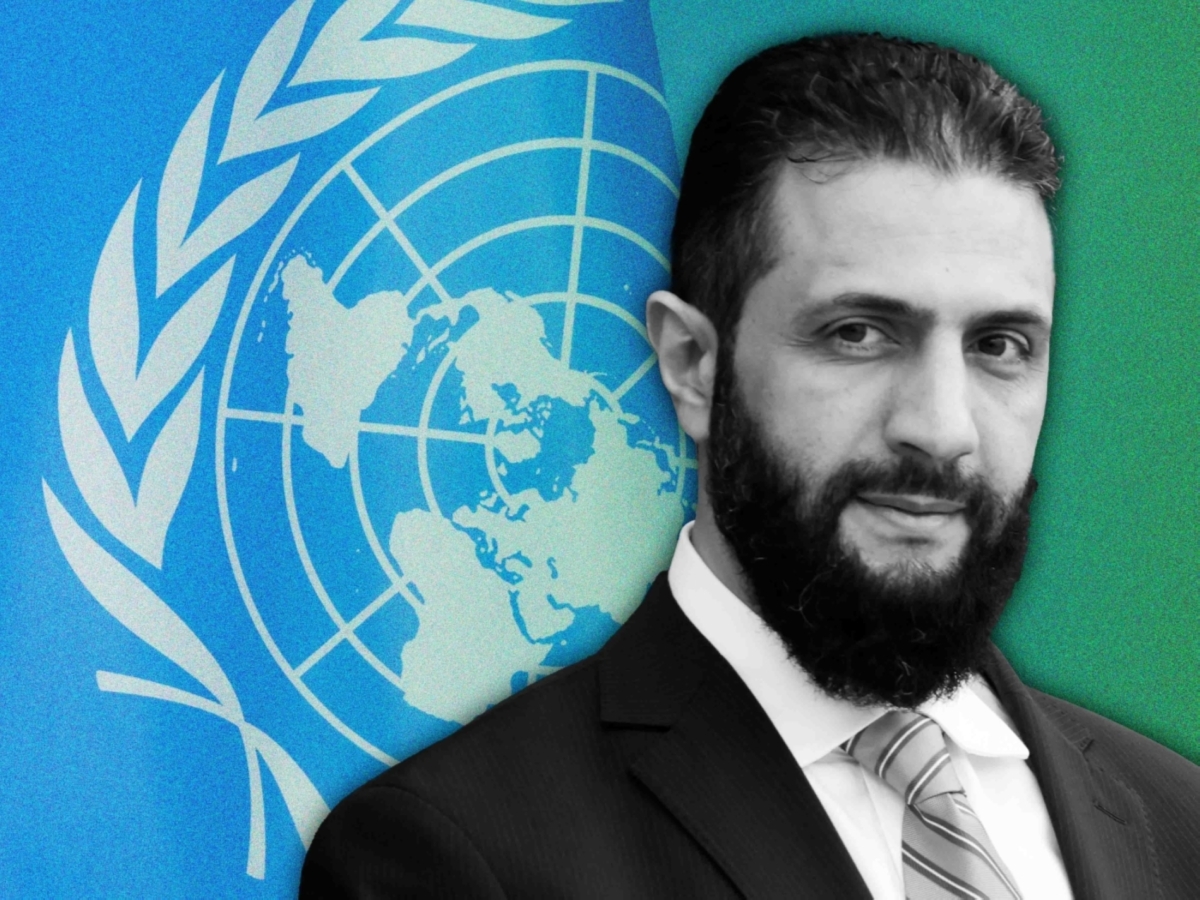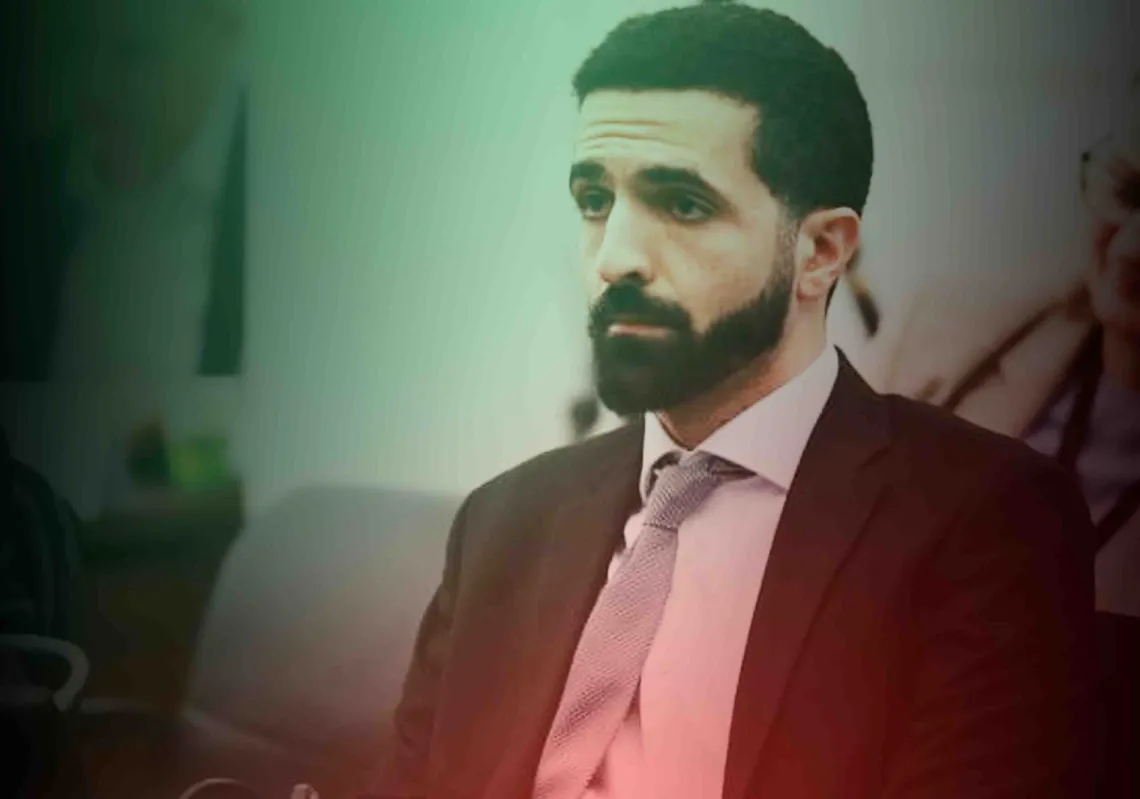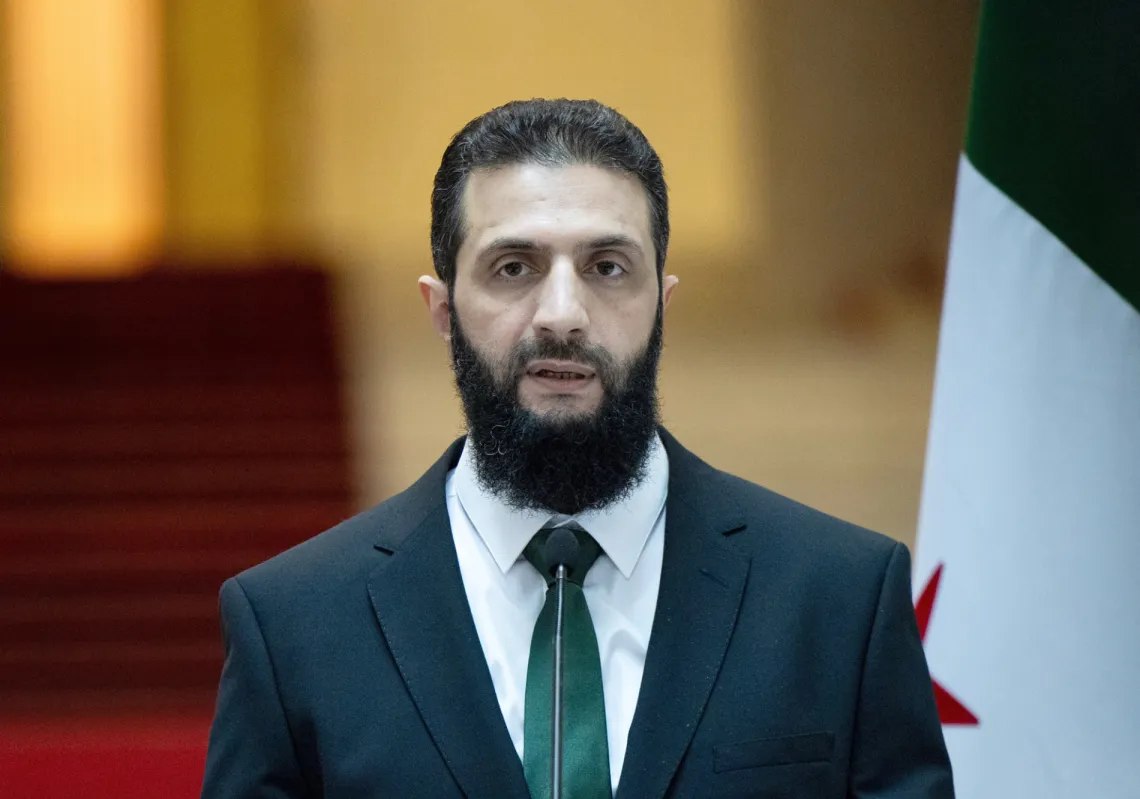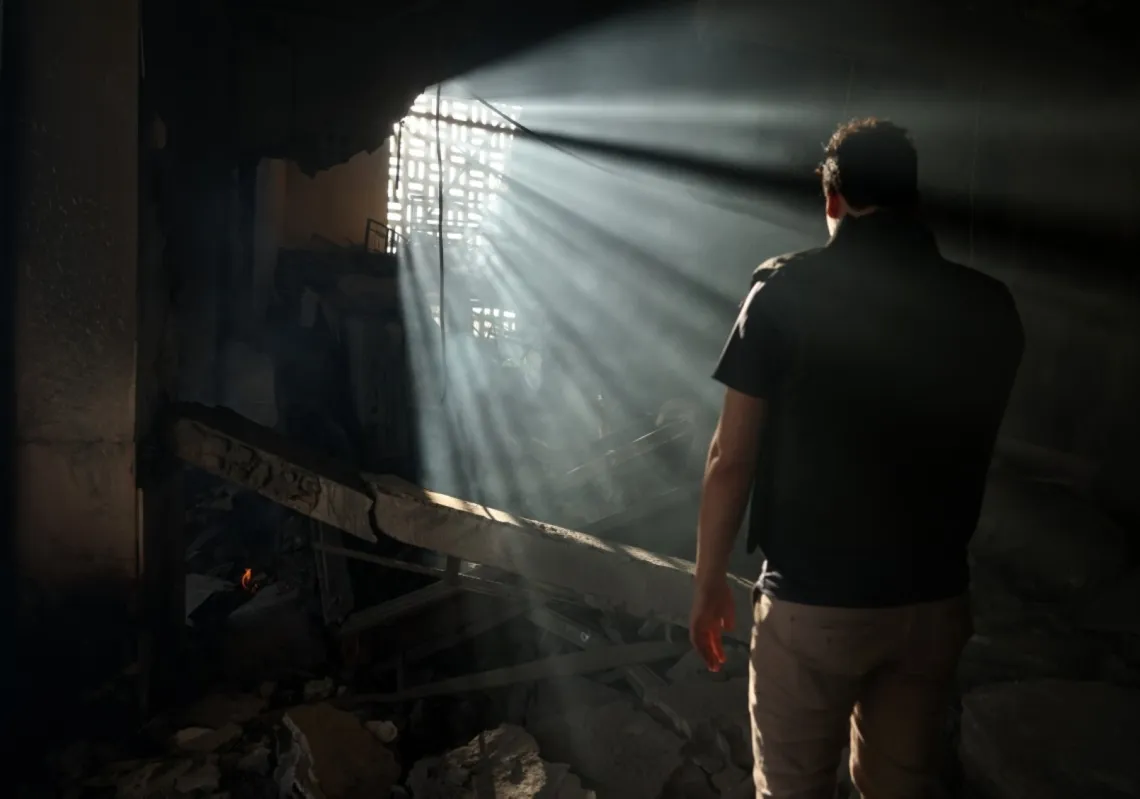When Syrian President Ahmed al-Sharaa speaks for Syria at the United Nations General Assembly in New York on 24 September, it will be the first time that a Syrian president has stood at the lectern since Noureddine al-Atassi did so in 1967. Indeed, a lot has had to happen to get to this stage.
From the valleys, hills, and low-lying plains of Idlib province to the UN’s headquarters beside the East River in Manhattan via the Syrian capital of Damascus, al-Sharaa’s journey has been anything but straightforward, and he is still officially designated as a “terrorist” by the UN Security Council.
Resolving this matter has required careful negotiation, but for Damascus, it has been important because the chance to voice the new government’s views to a world audience at the UN General Assembly (UNGA) is highly significant.
Al-Sharaa reflected on his UN appearance while speaking to Al Majalla and others two weeks ago. He noted that Syria had long been in “isolation within isolation” owing both to the policies of the former regime and the positions taken by other nations.
“My participation is a major milestone signalling a correction in attitudes toward Syria,” he said. “This visit marks a notable transformation for Syria.” US sanctions in place for more than 45 years “have now given way to good relations with the US, Saudi Arabia, Türkiye, the UAE, Qatar, Jordan, and European countries,” he explained.
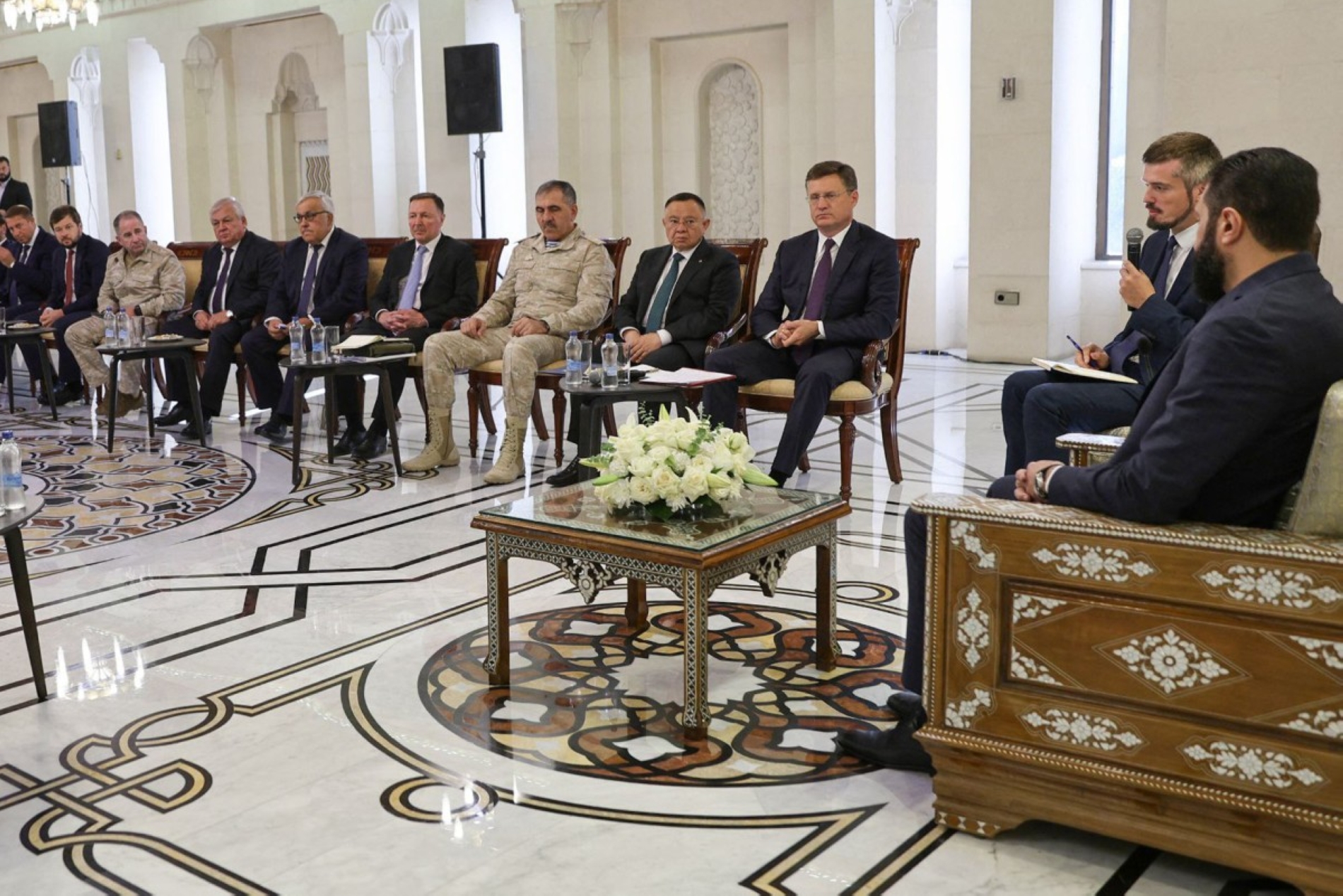
Moscow next?
Al-Sharaa’s participation in the 80th UNGA could soon be followed by his attendance at the Arab Russian Summit in Moscow in mid-October, with preparations currently being made. They are likely to be less onerous than those needed for New York. The complications are tied to al-Sharaa’s past. Hay’at Tahrir al-Sham (HTS), the group he led, is blacklisted as a terrorist organisation.
The classifications are based on Resolution 1373 of 2001 (which obliges states to combat the financing of terrorism and punish organisations involved) and Resolution 2253 of 2015 (which expanded sanctions against Al-Qaeda and its affiliates), given that HTS grew out of Jabhat al-Nusra, which had ties to Al-Qaeda in Iraq.
HTS was added to the list of terrorist groups in May 2014, and this designation was reaffirmed by UN Security Council Resolution 2254 in 2025. In March 2015, the Army of Conquest—with Jabhat al-Nusra at its core—seized control of Idlib in north-western Syria. In mid-2016, Abu Mohammed al-Jolani (Al-Sharaa's nom de guerre) rebranded al-Nusra as Jabhat Fatah al-Sham (JFS), formally breaking with al-Qaeda. By early 2017, JFS merged with several other factions to form HTS. Al-Sharaa was designated as a terrorist as early as 24 July 2013.
The US has issued entry visas for al-Sharaa and the Syrian delegation and lifted a 2017 restriction confining Syrian diplomats to a 25-mile radius around their mission, but Damascus has not had everything it wanted—their diplomats had requested a week for side talks, with the aim of inking trade and investment deals, but Washington has limited the visit to the UNGA appearance and some bilateral meetings with world leaders.
Among the confirmed engagements is a meeting with UN Secretary-General António Guterres, who is expected to inform al-Sharaa of a decision to relocate the office of UN Special Envoy Geir Pedersen (who is responsible for implementing Resolution 2254) from Geneva to Damascus, according to a Western official.


